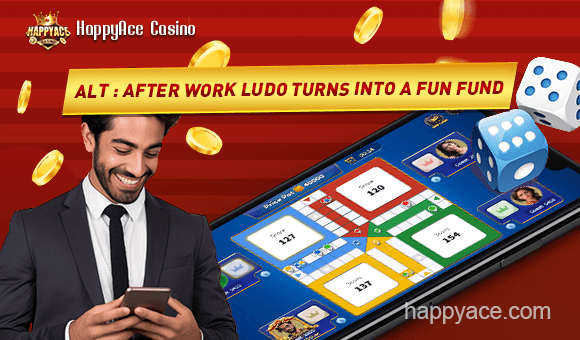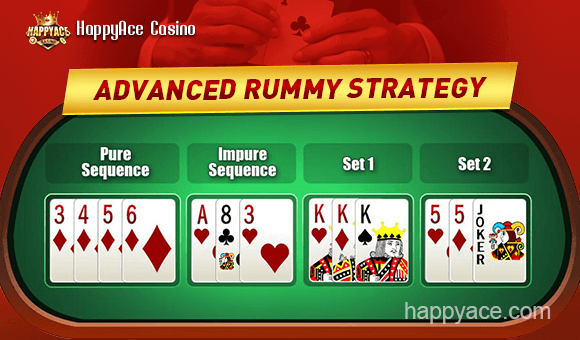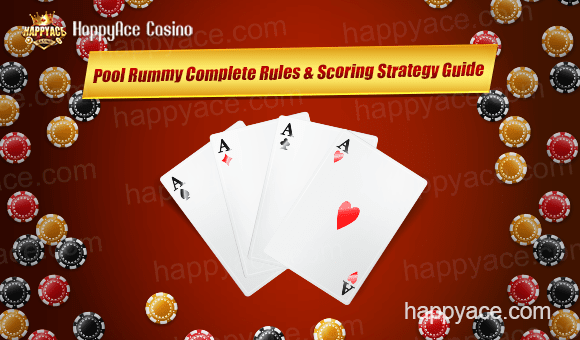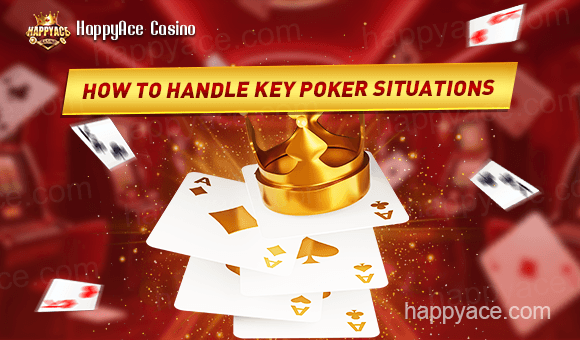
In the 19th century, British colonizers brought Pachisi back to England, where it underwent significant modifications. In 1896, the game was patented as "Ludo", with streamlined rules and a simplified design that appealed to broader audiences. The name "Ludo" derives from the Latin word "ludus", meaning "to play", encapsulating the spirit of the game.
The Evolution of Gameplay
Over the decades, Ludo has evolved in various forms across different cultures. In addition to the standard Ludo game, adaptations and variations such as Parcheesi in the United States and Parchisi in Latin America have emerged, each introducing unique rules and twists to the gameplay. The game's basic premise—a is that a race to get all of one's pieces to the finish line—remains intact, while special features like safe spaces and shortcuts add layers of strategy.
In recent years, the digital age has further transformed Ludo, giving rise to online versions that allow players to compete against friends or strangers across the globe. Mobile applications and gaming platforms have rekindled interest in the classic game, blending nostalgic elements with modern technology. These versions often incorporate interactive visuals, social networking aspects, and real-time gameplay, appealing to a new generation of players.
The Secret to Winning at Ludo
Winning at Ludo may seem reliant on luck, given the role of dice in determining movement. However, strategic thinking and psychological tactics play vital roles in gaining an advantage. Here are key strategies for increasing your likelihood of victory:
1. Prioritize Safe Spaces: The board features designated safe spaces where your pieces cannot be captured. Strategically positioning your tokens in these areas can protect them from opponents while giving you time to strategize your next move.
2. Spread Your Tokens: Instead of concentrating on your pieces in one area, spreading them across the board enables you to better navigate through the game, making it harder for opponents to disrupt your progress.
3. Block Your Opponents: Use your tokens strategically to block opponent's pathways. Landing on a piece of another player sends it back to the start, turning their progress around and giving you a lead.
4. Calculate Risks: Every time you roll the dice, consider whether it's worth moving a token out of a safe space or making a potentially risky move to gain an advantage. Weigh the odds based on the positions of your opponents.
5. Observe Opponent Behavior: Pay attention to your opponents' strategies and movements. Are they crewed together, or are they spreading out? This knowledge can inform your decisions and help you anticipate their next moves.
The Psychology Behind Ludo
Ludo is not just a game of chance; it's an experience that delves deep into human psychology—the interplay of competition, social interaction, and decision-making.
1. Competitive Spirit: Ludo inherently fosters rivalry as players aim to outsmart one another. The thrill of competition can lead to heightened emotions, enhancing engagement and enjoyment.
2. Social Interaction: Being a multiplayer game, Ludo encourages bonding among players. The laughter, banter, and strategic conversations foster interpersonal relationships, making it as much a social activity as a competitive one.
3. Cognitive Skills: Ludo challenges players to enhance their cognitive skills, such as critical thinking, problem-solving, and pattern recognition. The need to make quick decisions during gameplay sharpens mental agility.
4. Luck and Control: While luck plays a significant role due to dice rolls, players often seek to exert control over the game through strategic planning. This duality of fortune and strategy creates an intriguing cognitive dissonance, as players grapple with the balance between random chance and calculated moves.
5. Emotional Responses: Engaging in Ludo can trigger a spectrum of emotional responses—excitement from winning, frustration from setbacks, and nostalgia from childhood memories. These feelings enrich the game experience, making it memorable.
Conclusion
Ludo, with its rich historical roots and simple yet strategic gameplay, continues to capture the hearts of many. Understanding its evolution, mastering strategies for success, and recognizing the psychological components at play enhances the overall experience, ensuring that this timeless game remains a staple in homes and social gatherings for generations to come. So next time you roll the dice, remember that while luck may be a factor, a shrewd strategy and understanding the minds of your opponents may just lead you to victory.











